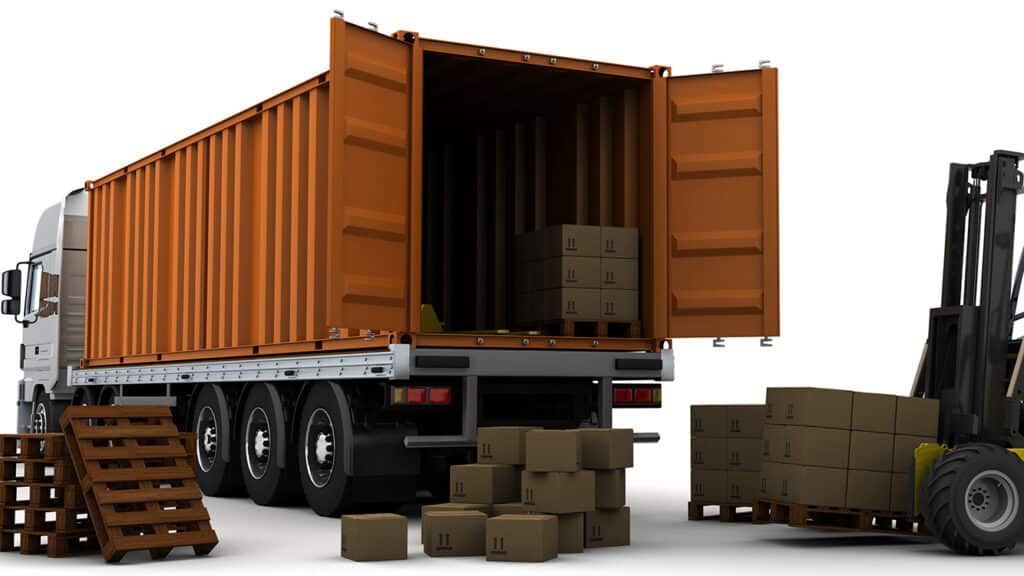Cargo Expedition: Pioneering International Connectivity and Trade
Cargo Expedition: Pioneering International Connectivity and Trade
Blog Article
Cargo transportation plays a vital function in supporting global trade as it ensures that goods as well as materials are transported efficiently across countries and regions. Since economies are becoming increasingly interconnected and interdependent, the demand for efficient and reliable cargo transport is growing significantly. From raw materials to finished products, enterprises depend on cargo operations for timely delivery of goods and in good working order. Be it by air, sea or on land, a cargo voyages connect suppliers, producers, and buyers around the world. This interconnected logistics web is at the heart of international commerce, driving industries and increasing economic growth because it allows goods to move seamlessly from one place to the next.
One of the most important aspects that affect the efficacy of cargo trips is the way of transport. The choice of transport-air freight, sea freight or road freight-is largely dependent upon the character of the cargo, the location, as well as the speed of delivery. Sea freight can be the most commonly employed method of transporting massive quantities of goods since it's economical in long-distance transport and is able to handle a wide variety of merchandise. However, it comes with greater transit time than air cargo, which is generally preferred for higher-value or items that require time, such as electronics, medical supplies, as well as perishables. Road freight, typically used for regional deliveries, offers the flexibility to complement transport by air and maritime, connecting the gaps between ports, warehouses, and ultimate destinations.
The complexity of cargo expeditions require a well-organized coordination among various parties, such as shipping companies as well as customs officials and logistics companies. One of the most significant issues in transporting cargo is coordinating customs clearance as well as international laws. There are a variety of countries with different import/export restrictions, tariffs and paperwork requirements, which can result in delays or higher costs. To deal with these challenges logistics firms must be aware of local regulations, tariffs, and requirements for compliance. That's why many companies depend on experienced freight forwarders and customs brokers to manage the legal aspects of transporting cargo. Their expertise guarantees that products are processed smoothly at customs checkpoints and they are delivered according to schedule.
Sustainability has emerged as a central aspect of the Cargo Expedition sector which is in line with the increasing concern for environmental impact. More companies are adopting more sustainable practices, such as using ships with low emissions, electric cars, and efficient aircrafts. Green packaging options and the efficiency of shipping routes are also contributing to reduced emission and waste. Organizations and governments around the world promote these methods through guidelines and incentives, driving forward the shipping industry to a more sustainable in the near future. Sustainability integration not only aligns with world environmental objectives, but it is also a popular choice for consumers and businesses that prioritize green practices when they conduct business. To find added details please visit Muat
Environmental sustainability has become an increasingly pressing issue for freight expedition business. The transportation industry, in particular maritime and air transport, has a major role to play in global carbon emissions. In the face of increasing environmental issues, a lot of companies are working to mitigate the impact on the environment of transportation for cargo. It has resulted in developments like energy-efficient shipping vessels, the usage of biofuels to fuel aviation and the invention of electric trucks to make delivery on land. A lot of logistics firms are focusing on reducing fuel consumption with more efficient routing as well as consolidating shipments to minimize the number of trips required. The move toward greener practices during cargo journeys isn't solely beneficial for the environment but also for businesses, since consumers and government agencies are increasingly choosing companies that employ sustainable methods.
As the world gets more connected, the need for reliable and effective logistics services to transport cargo continues expand. eCommerce has changed logistics and created a need for faster, better-organized delivery solutions in order to satisfy the demands of the customers, who require faster delivery times. The worldwide growth of online shopping has led shipping companies to create systems that can provide better delivery options that are more flexible, like next-day or same-day deliveries. In this landscape, businesses have embraced advanced technology, like drones or autonomous vehicles to improve the speed and precision of delivery. These innovations are transforming the way cargo is delivered, making them more efficient as well as able to satisfy the ever-changing demands of the contemporary consumer.